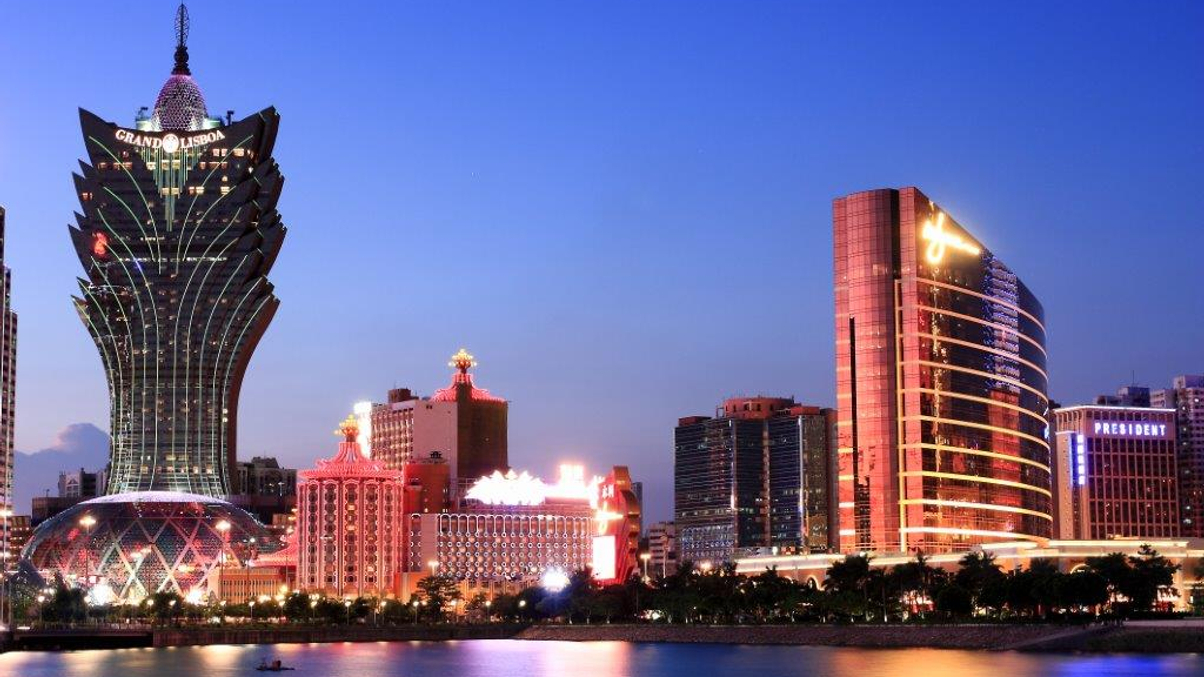Invesco sees bright spots amid China slowdown
Asia CIO Paul Chan acknowledges China's structural slowdown, but points to gaming figures in Macau and other segments as proof that consumer sentiment is alive and kicking.

Despite the recent bloodbath on Chinese equity – both Shanghai’s benchmark CSI300 and Hong Kong’s Hang Seng Index are down around 8% year-to-date – consumer confidence in certain sectors has remained reasonably robust on the mainland, according to US fund house Invesco.
Sign in to read on!
Registered users get 2 free articles in 30 days.
Subscribers have full unlimited access to AsianInvestor
Not signed up? New users get 2 free articles per month, plus a 7-day unlimited free trial.
¬ Haymarket Media Limited. All rights reserved.


